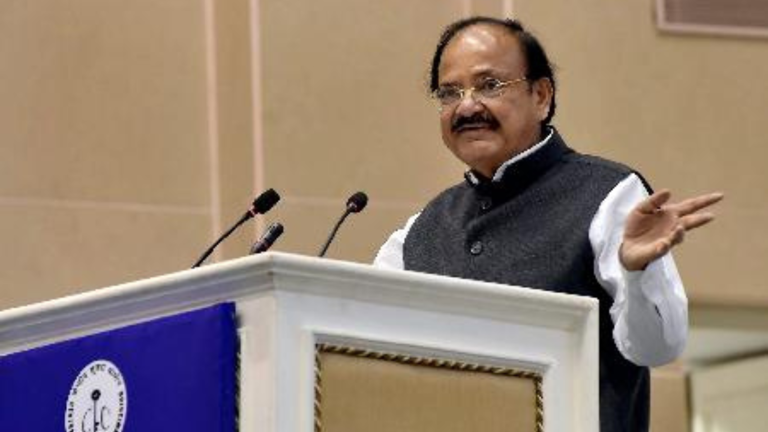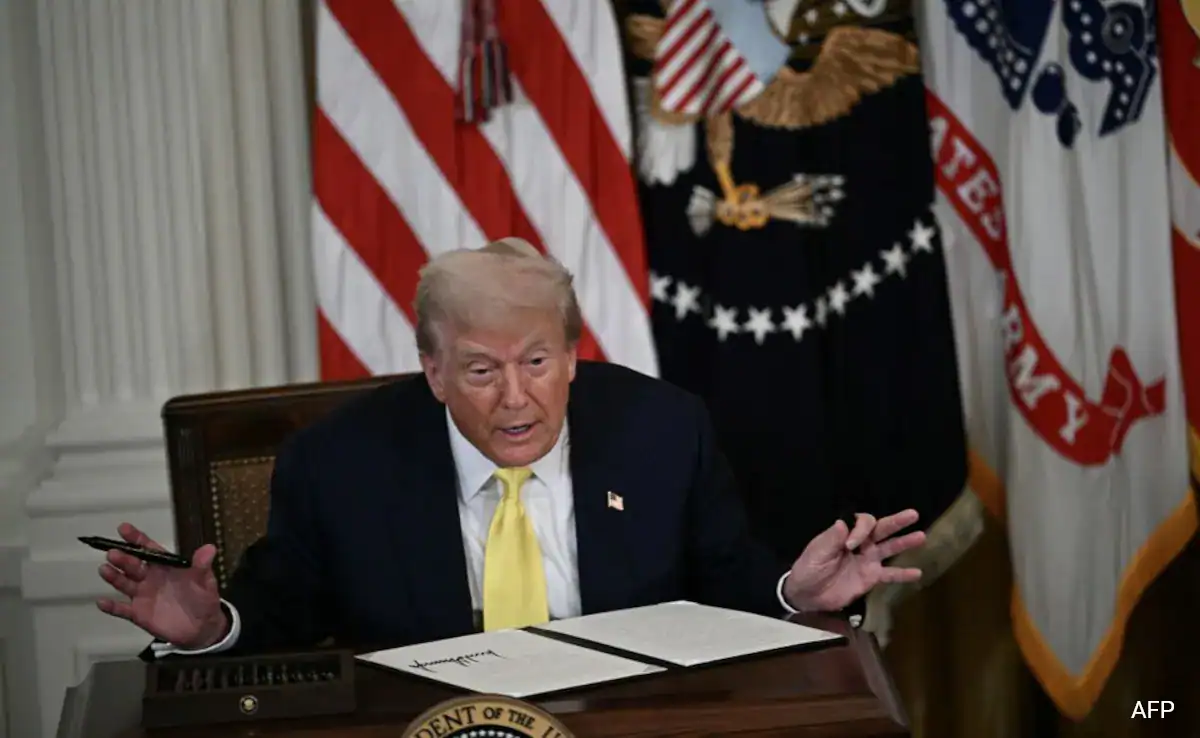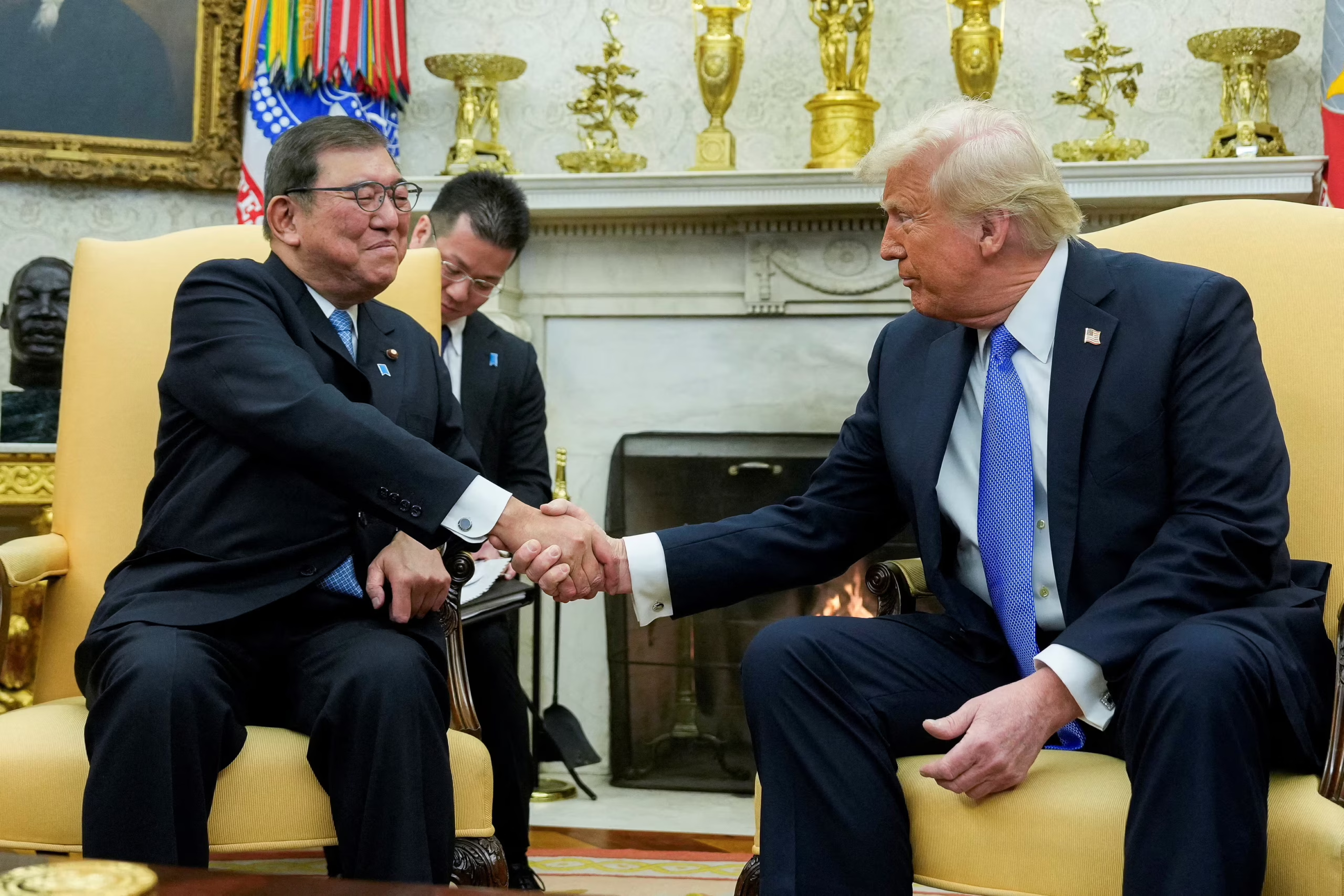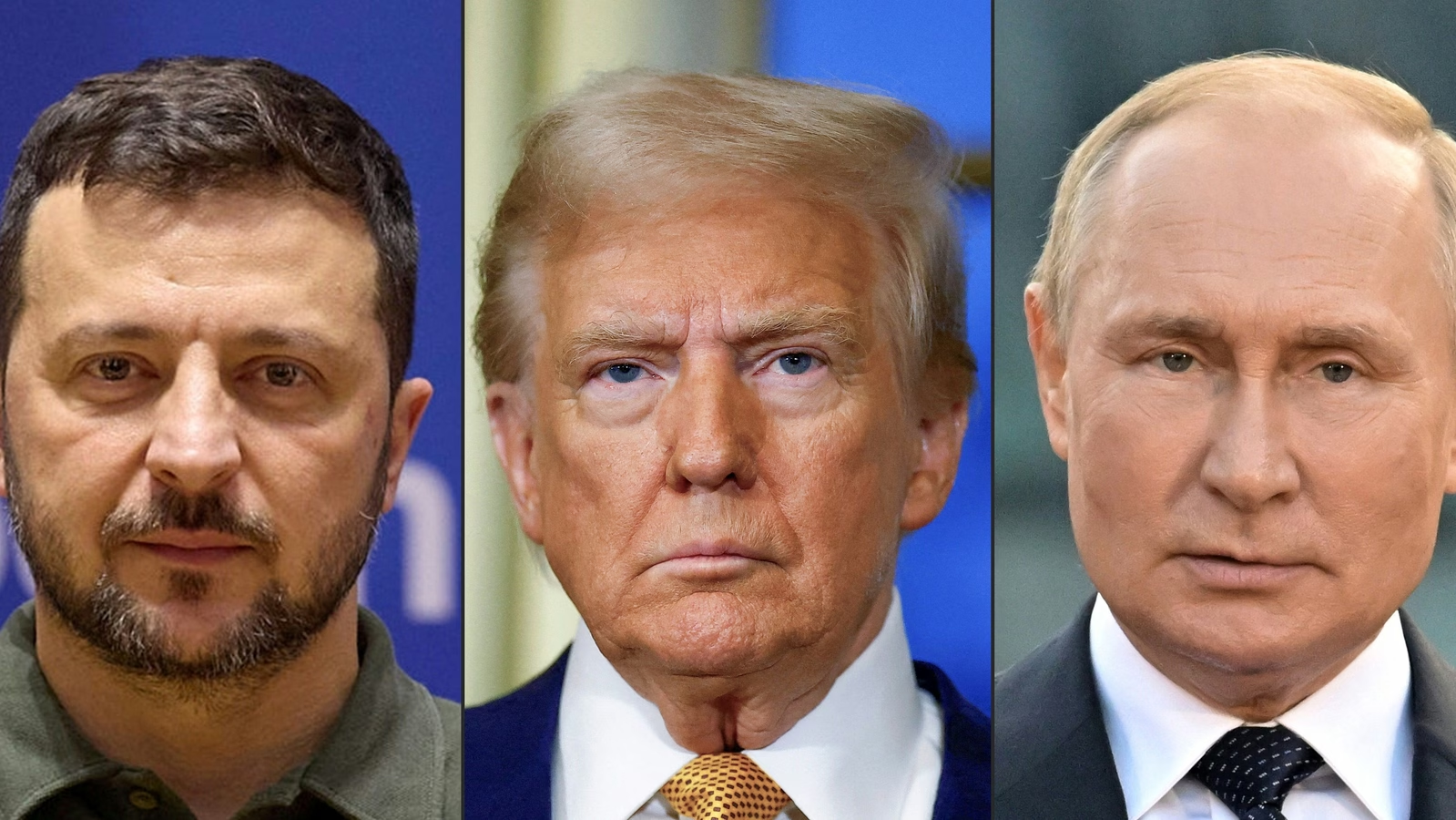
The global geopolitical and economic landscape has been a subject of intense discussion and debate, especially in light of recent trade policies and sanctions. Among those voices is India’s former Vice President, Venkaiah Naidu, who has expressed concern over the recent US tariffs and their ripple effects on international trade, particularly concerning Russian imports. His candid remarks shed light on the unintended consequences of protectionist measures and emphasize the importance of balanced and fair trade policies in a interconnected world.
Understanding the Context of US Tariffs and Russian Trade
US Tariffs and Their Geopolitical Motivation
The United States has historically employed tariffs as tools to protect domestic industries or to leverage diplomatic negotiations. Recently, however, a series of tariffs have been enacted that significantly impact global trade flows. These measures aim to address issues such as national security concerns, trade deficits, and unfair trade practices. Nonetheless, such policies often create a complex web of repercussions affecting multiple economies.
The Russian Connection and Global Supply Chains
Russia, a major player in the global energy and commodities market, has seen its exports subjected to various sanctions and trade restrictions, especially by Western countries. The US tariffs further complicate this scenario, influencing how imports from Russia are perceived and treated worldwide. Many importing nations, including India, find themselves caught in the crossfire of these economic restrictions, which can disrupt supply chains and inflate costs.
Venkaiah Naidu’s Perspective on US Tariffs and Russian Imports
Objecting to Unilateral Tariffs and Their Global Impact
Venkaiah Naidu, in his remarks, pointed out that certain countries, notably the US, have imposed tariffs that inadvertently harm global trade relations. He emphasized that these measures often target specific nations but end up affecting neutral parties and global trading partners too.
- Objectors from importing nations, including India, argue that such tariffs disturb established trade relations and inflate import costs.
- Naidu highlighted that tariffs tend to disrupt supply chains, leading to increased prices for consumers and industries dependent on Russian raw materials and products.
- He also maintained that these policies can undermine international cooperation and reinforce protectionism, which is detrimental in a globalized economy.
Implications for India and Other Import-Dependent Countries
India has a significant trade relationship with Russia, importing energy, military hardware, and various commodities. The US tariffs and sanctions can complicate this relationship, making it more challenging for India to secure affordable and reliable supplies. Naidu expressed concern that such policies might force India and similar nations to seek alternative, potentially less efficient suppliers, which could affect economic stability and growth.
The Broader Geopolitical and Economic Debate
Protectionism versus Global Free Trade
The debate surrounding tariffs often centers on the principles of protectionism versus free trade. While protectionist measures are sometimes justified for national security or economic reasons, they can lead to retaliatory actions and trade wars, as seen between the US and Russia, China, or other nations.
Naidu’s stance advocates for a balanced approach that safeguards national interests without disrupting the larger ecosystem of international trade. He cautioned against tariffs that, while aiming to protect domestic industries, may ultimately harm global economic stability.
The Role of International Institutions and Diplomacy
Naidu further emphasized the importance of international cooperation and multilateral institutions such as the World Trade Organization (WTO) in mediating disputes and establishing fair trade practices. He suggested that bilateral or unilateral tariffs, especially when imposed without multilateral consensus, can fuel mistrust and hinder collaborative efforts to address common challenges like energy security and economic development.
Potential Solutions and Way Forward
Promoting Fair and Equitable Trade Policies
Naidu recommended that nations should strive to develop trade policies that promote transparency and fairness. This includes:
- Engaging in dialogue to resolve differences rather than resorting to tariffs that disrupt markets.
- Building resilient supply chains that are less dependent on single sources, especially in critical sectors like energy and defense.
- Encouraging multilateral negotiations to ensure that trade measures are balanced and beneficial for all parties involved.
Strengthening Diplomatic Relations
He also stressed that diplomatic engagement is vital in navigating the complexities of international trade amid geopolitical tensions. Countries must work collaboratively to ensure that trade restrictions do not escalate into broader conflicts but instead serve as a means to foster understanding and cooperation.
Conclusion: The Need for a Balanced Approach
Venkaiah Naidu’s critique of US tariffs affecting Russian imports underscores a vital truth: in an interconnected world, trade policies have far-reaching implications. While safeguarding national interests is legitimate, it should not come at the expense of global economic stability and cooperation. Countries should aim to adopt strategies that promote fairness, transparency, and collaboration, ensuring a sustainable and prosperous global economic environment.
His remarks serve as a reminder that protectionism, if not carefully managed, can lead to unintended consequences, impacting industries and consumers worldwide. As nations continue to navigate these complex terrains, the emphasis must be on fostering dialogue, understanding, and mutually beneficial trade relations.
For more updated news please keep visiting Prime News World.








